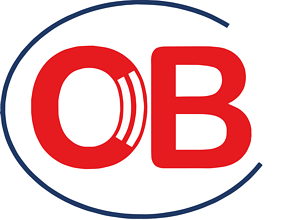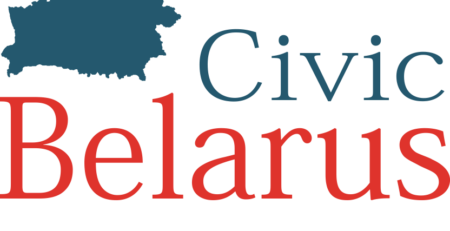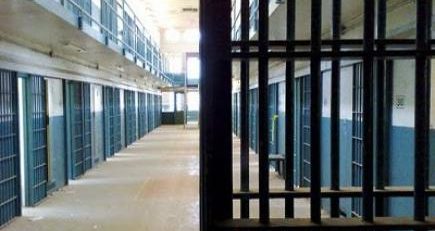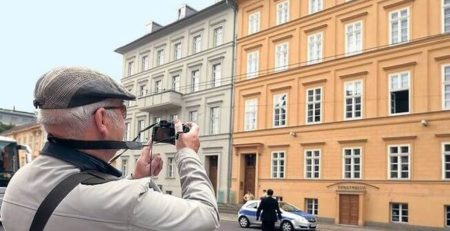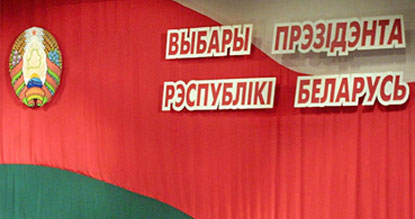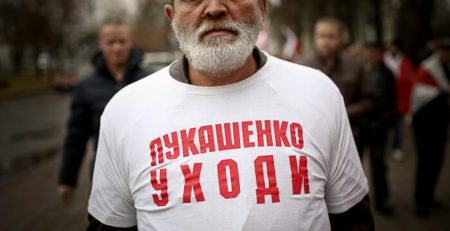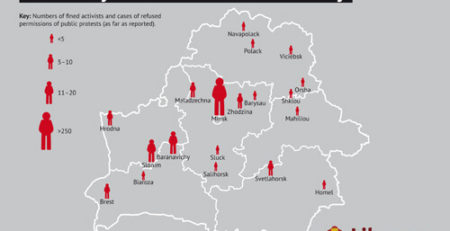Belarus joined the Bologna process
On May 14th, 2015, Belarus formally joined the Bologna Process and the European Higher Education Area (EHEA). The decision was made at the Yerevan Conference of Education Ministers of the EHEA and the Bologna Policy Forum.
Thus, the second attempt of Belarusian authorities to join the Bologna process was a success. The first application in April, 2012 was not accepted for consideration and was removed from the agenda. The reason for such a decision announced by the Bologna working group had been the failure to comply with the basic principles of the Bologna process: academic freedom, institutional autonomy and student participation in the management of higher education.
This time, the application was lobbied by the new Minister of Education of Belarus, Mihail Zhuraukou, who had long before expressed confidence in the success of the application. After a positive decision had been taken Zhuraukou said: “The inclusion of our country into the European Higher Education Area reflects the recognition of the Belarusian higher education system by the world community. It also confirms the fact that the national model of education is competitive and will be able to integrate into the global educational space.”
Nevertheless, now, Belarus must (at least declaratively) fulfill a number of obligations that are stipulated in the specially designed road map. The content of the road map is not yet known to the public, but the transcript of the conference allows us to say that primarily it concerns the issues raised three years ago: academic freedom, student self-government, etc. During the discussion, the Ministers of Education of Norway, Sweden, the Netherlands and Iceland, repeatedly stressed the need for implementation of the terms and even demanded further written guarantees from the Belarusian side. In fact, Belarus is the first country to be included in the Bologna process “conditionally”. The road map should, thus, be a guarantee of future changes. In the end, the inclusion of Belarus was adopted without any additional fixation of conditions.
It is necessary to acknowledge that on the “technical” side Belarus has prepared well in recent years. For example, bachelor and master degrees were introduced. The first Student Council has been created at the Ministry of Education (although it was created just a few months before the summit in Yerevan and according to the Bologna Committee survey most students have never even heard of its existence). Now, each university has Councils which include students (minimum 25%). Also, almost all faculties of Belarusian universities have a number of subjects taught in English.
However, Belarus still has number of “peculiarities” that are very unlikely to match with European standards.
One example would be the mandatory job placement. Every year about 19 thousand graduates go to all regions of the country to work for 2 years in an organization chosen by the state, all because they studied for free.
It also might be hard to accept the pressure put on teachers from the authorities. For example, a number of history teachers in Grodno were fired because their research was not approved of by local officials.
Since 1997, the rectors of Belarusian universities have not been elected but rather appointed by the president. Two rectors are in the “black list” of the EU – Mikhail Batura, from the University of Informatics and Radio Electronics, and Sergei Oblameyko, rector of the Belarusian State University. They have been denied entry to the EU, because it is believed that they were involved in repressions against students after the presidential election in 2010.
Not to mention the dozens of students who are expelled every year because of their participation in protests or engagement in civil activism.
The repressions against students and teachers, and the lack of proper academic freedom, in particular, concerned some representatives in Yerevan, for example, the Norwegian delegation. Many analysts also doubt the desire of Belarusian government to address these issues.

